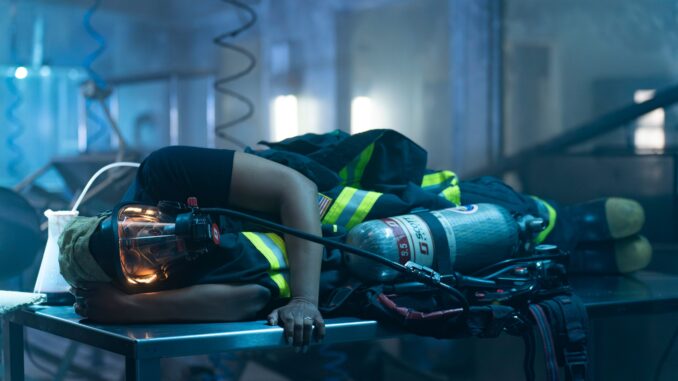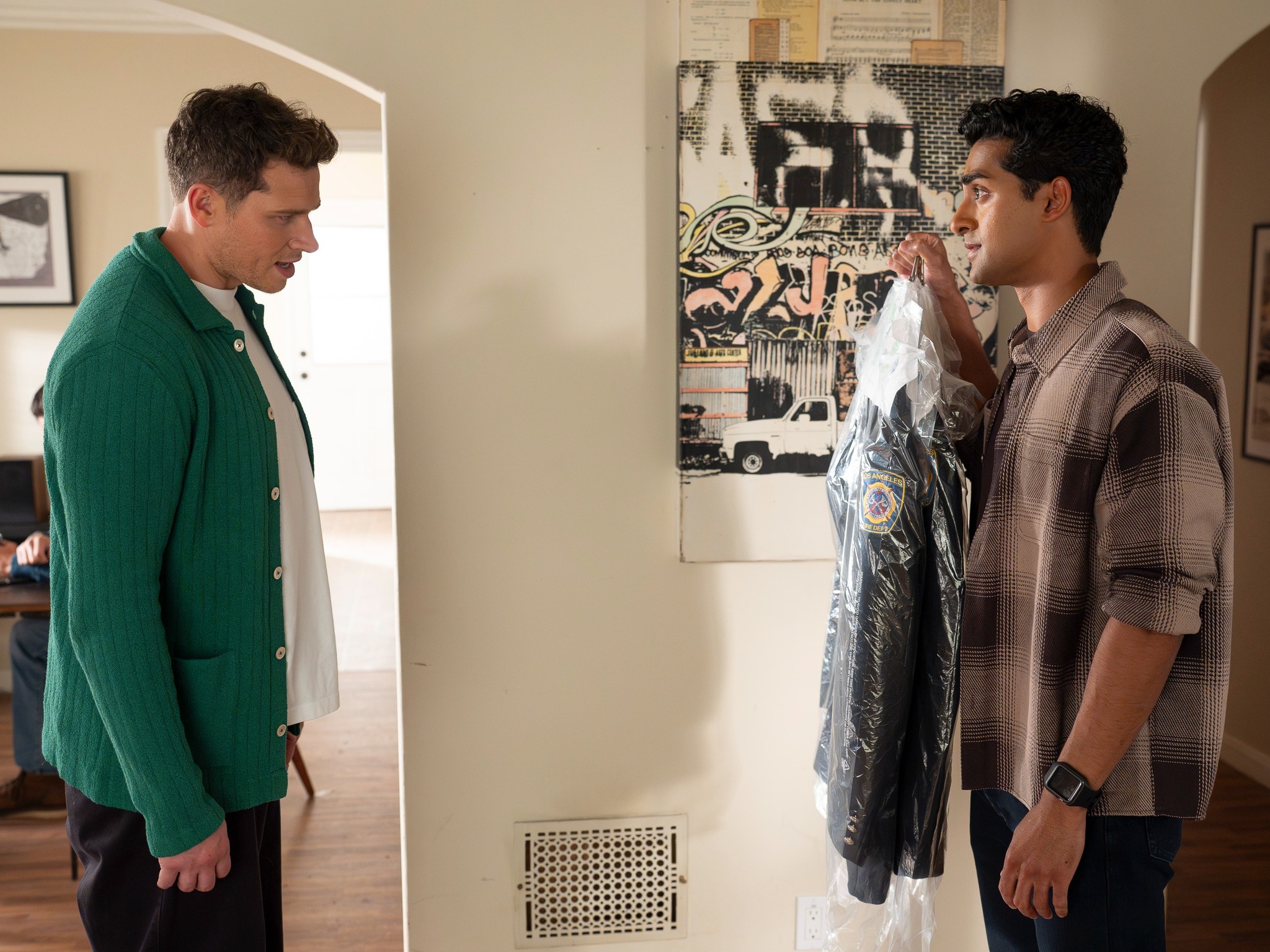
In the span of just a few days, two of the most popular shows on television lost dear father figures: The Last of Us’ Joel Miller and 9-1-1’s Bobby Nash. At least Joel’s death wasn’t anything out of the ordinary for the apocalyptic drama. Bobby’s sudden passing was a smack in the face on a procedural series that’s been protected by bulletproof plot armor. But as The Last of Us did, 9-1-1 eases into the grieving process to allow both the characters and viewers time to mourn.
The heart of the 118 is gone—and fans are shattered. Bobby Nash, the stoic fire captain we’ve cheered for, cried with, and rooted for through every inferno, is no longer with us. His final episode was meant to be a tribute, a sendoff filled with grief and grace. But somewhere between the tears and flashbacks, 9-1-1 fumbled the emotional landing. Let’s break down what made this episode powerful, what made it fall flat, and why fans are feeling conflicted—mourning not just a character, but perhaps the soul of the series itself.
Season 8, Episode 16, “The Last Alarm” takes place two weeks after Bobby’s death in the lab. As expected, hardly anyone is taking his death well, least of all Athena and Chimney. Athena isolates herself both physically and mentally to take up a new case out of the blue as a way of reaffirming her denial that Bobby is really gone. Meanwhile, survivor’s guilt eats up Chimney, who is more angry than sad over Bobby sacrificing his life. A beautiful tribute to Bobby’s life doesn’t bolster hope that this show will ever be the same without him.
9-1-1 Confirms That Despite Fan Pleas, Bobby Nash Really Is Dead
Fan Theories About Bobby’s Survival Are Quickly Dispelled. The reactions to Bobby’s death have been interesting. A group of theorists huddled together in the most obvious example of the denial stage to speculate on Bobby’s survival in the most absurd ways possible. Yet honestly, given how outlandish 9-1-1 has been in the past, the theories made sense within the show’s standards. The four biggest ones were that this was all a Chimney coma dream, Bobby was going to be buried alive (courtesy of a leaked fake script), Bobby was being held by the government for experimental purposes and Bobby was literally going to be resurrected like Jesus. The last one is the biggest stretch of them all, but what does 9-1-1 expect after killing its most Catholic character on Easter?

9-1-1 may not give its audience what it wants, but it still knows its fan base very well — in both good and bad ways. The episode opens with a flashback featuring Peter Krause as Bobby, making people believe that if he’s back for a few scenes, he’s back for good. Then it seems fishy that Bobby’s body hasn’t been released in two weeks, only for it to actually be released not long after. The final straw is his burial in his home state of Minnesota. At that point, everyone — including viewers — has to accept Bobby is gone. There’s a certain level of cruelty to feeding delusions to grieving viewers and slowly giving them crumbs of a wake-up call. But it’s powerful storytelling that manipulates the fans’ emotions in order to make them feel a part of this world that is broken and full of sorrow.
Bobby Nash deserved a final bow that made us weep, not wonder why. He was more than just another name on the call sheet—he was 9-1-1. And while the actors delivered powerful performances, the writing didn’t honor his legacy the way it should have.